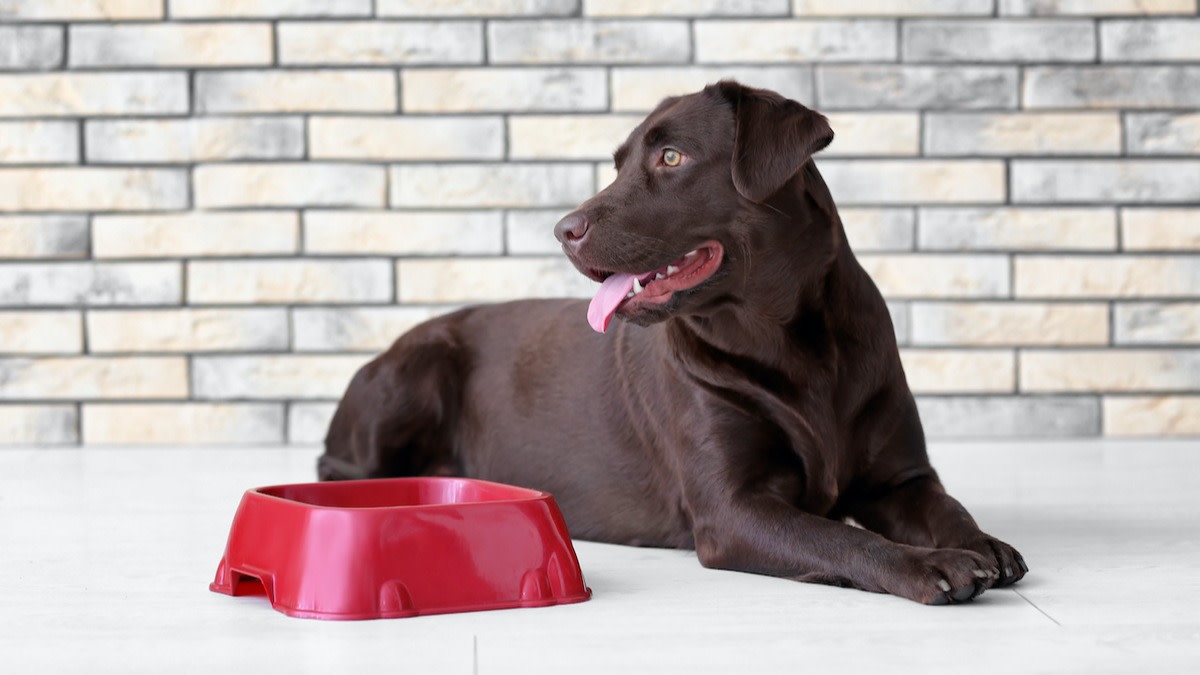Can Dogs Eat Capers? Health Risks of Capers for Dogs
Written by MasterClass
Last updated: May 4, 2022 • 1 min read
Dogs cannot eat capers. Though capers are a rich source of vitamins, minerals, and powerful antioxidants—including vitamin A, vitamin C, calcium, magnesium, niacin, potassium, riboflavin, and vitamin K—the high salt content is hazardous for your pet, outweighing any potential health benefits. Learn why you should not feed your dog capers.
Learn From the Best
What Are Capers?
A caper is the unopened flower bud of the caper bush (the Capparis spinosa or Flinders rose). Caper buds are small, dark green pearls about the size of a corn kernel. Manufacturers cure capers either with brine or vinegar to give them their signature sharp, salty taste; the flavor profile of capers makes them a popular ingredient in many cuisines, including Italian and Mediterranean dishes. The small fruits of the caper plant, called caper berries, are also edible.
Can Dogs Eat Capers?
Dogs cannot eat capers because they come packaged in dry or wet brines, making them high in sodium. Excessive salt intake harms your dog’s health, leading to dehydration or salt poisoning. Foods with high sodium content are a significant health risk for smaller dog breeds with lower salt tolerance. Other high-sodium foods that dog owners should avoid feeding their pets include salted anchovies, pepperoni, and brined olives. Instead, offer your canine companions nutritious store-bought or homemade dog food or treats.
Why Capers Are Harmful to Dogs
Since manufacturers cure capers in a salt brine or pickling solution, they are high in sodium. Too much sodium in your dog’s diet leads to dehydration, blood sugar problems, and, in severe cases, sodium ion poisoning (or sodium poisoning), which can lead to a coma. Symptoms of too much sodium in your dog’s diet include excessive thirst, little to no urination, loss of appetite, dry gums, vomiting, and diarrhea. If your dog eats pickled capers and shows signs of dehydration, consult your veterinarian immediately.
Before Sharing With Your Pooch
Certain human foods can cause adverse reactions in canines, so always consult your veterinarian to determine whether it is safe to add these foods to your pet’s diet. This article is for educational and informational purposes and is not a substitute for medical or dietary advice.
Want to Learn More About Training the Goodest Boy or Girl?
Your dream of having a dog who understands words like “sit,” “stay,” “down,” and—crucially— “no” is just a MasterClass Annual Membership away. The only things you’ll need to train up a well-behaved pup are your laptop, a big bag of treats, and our exclusive instructional videos from superstar animal trainer Brandon McMillan.
